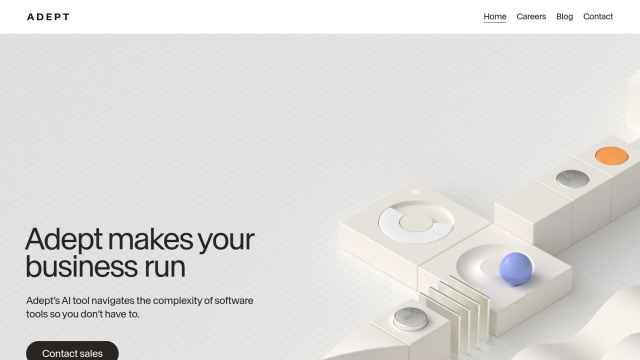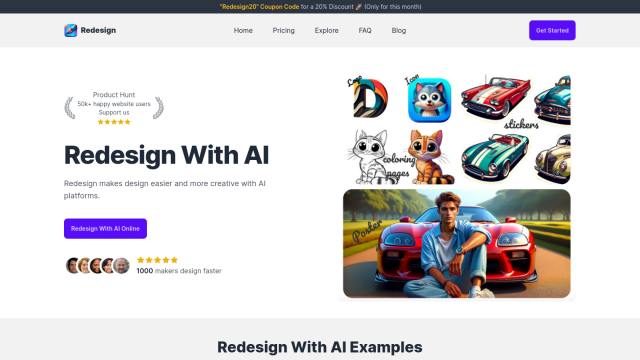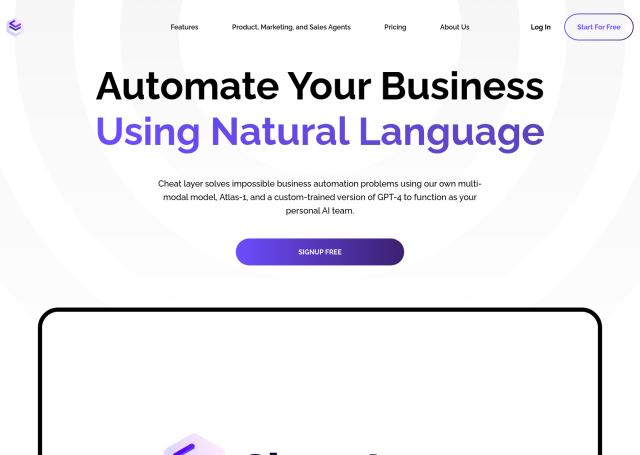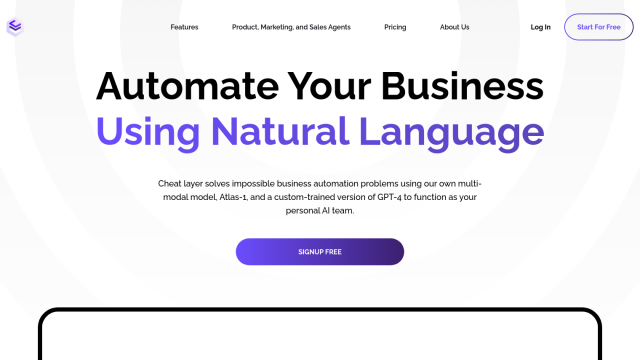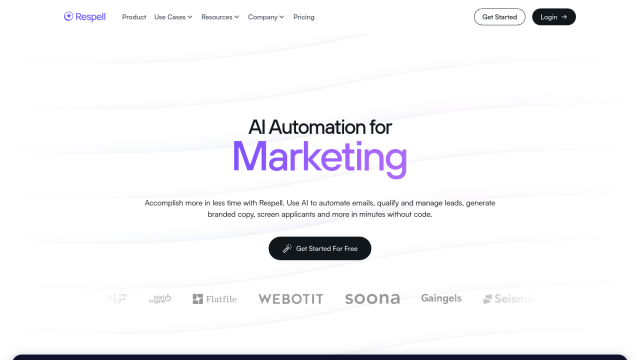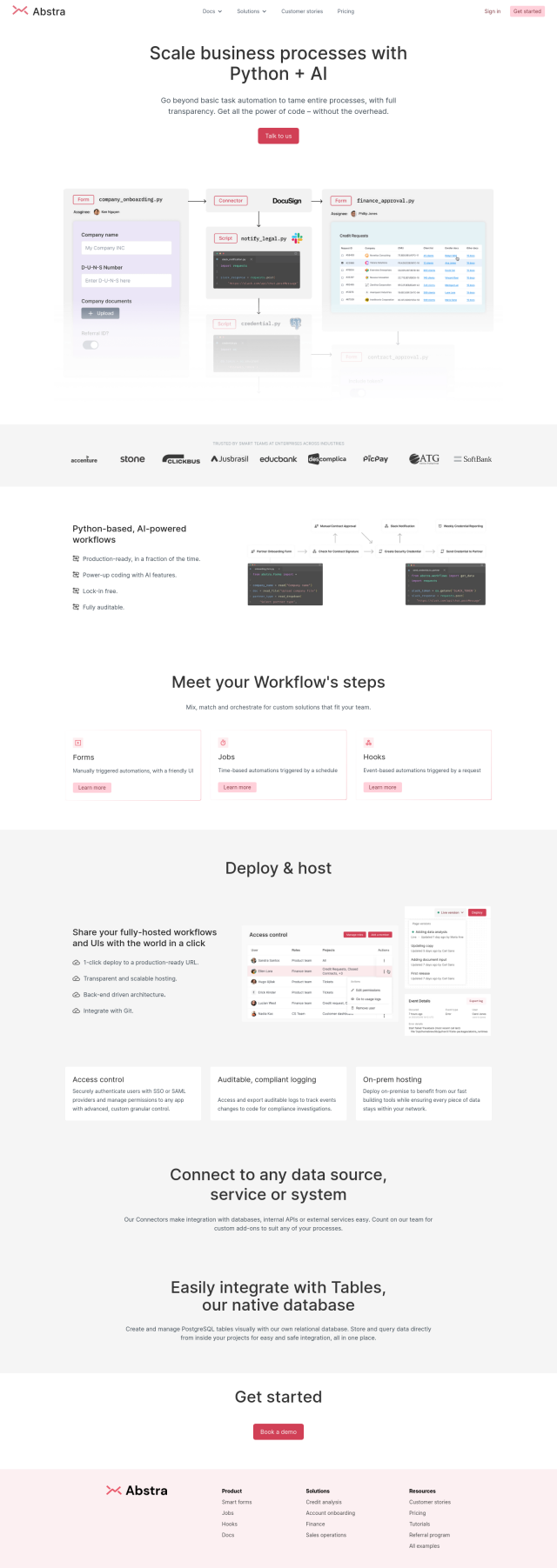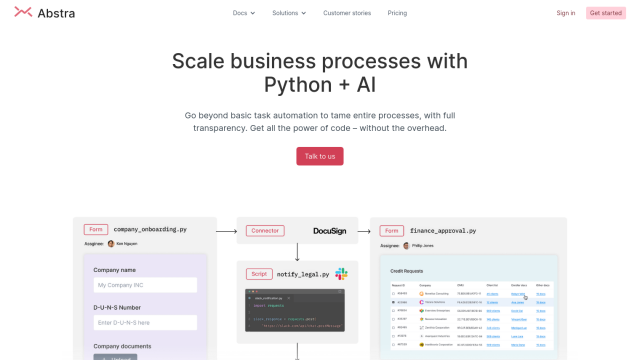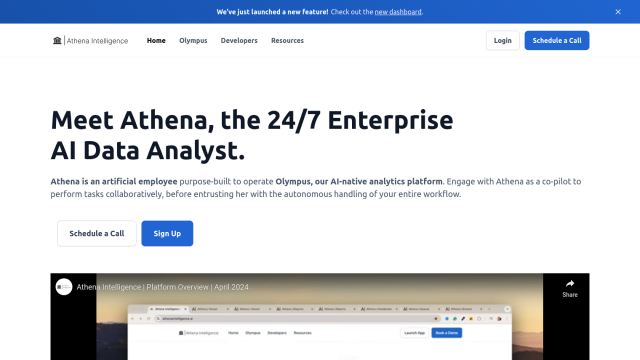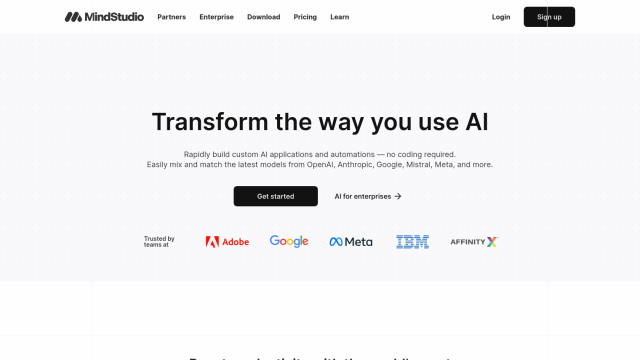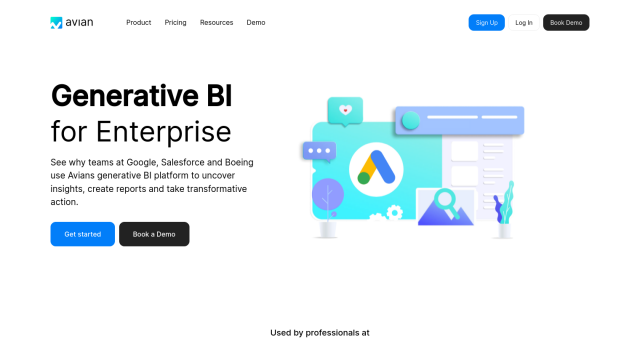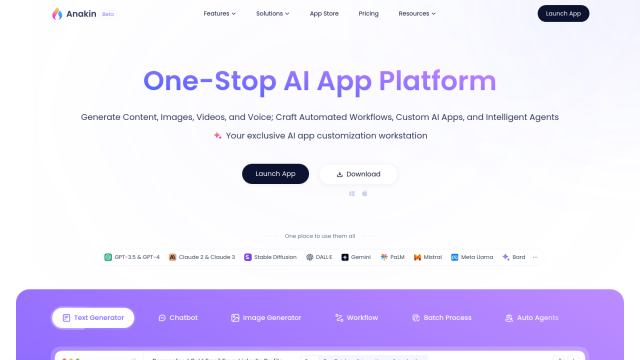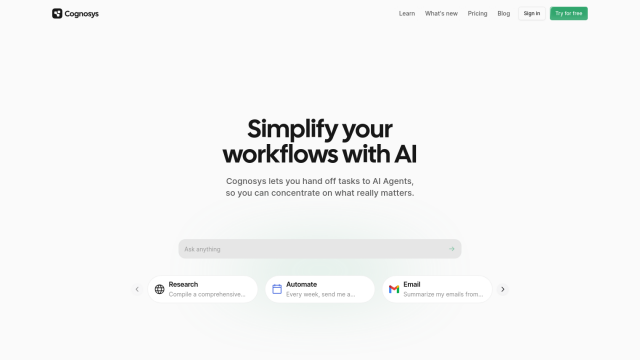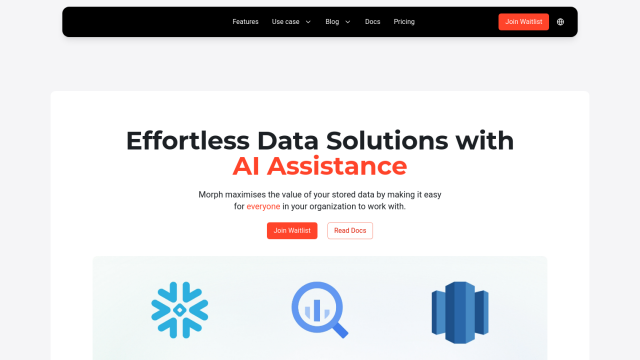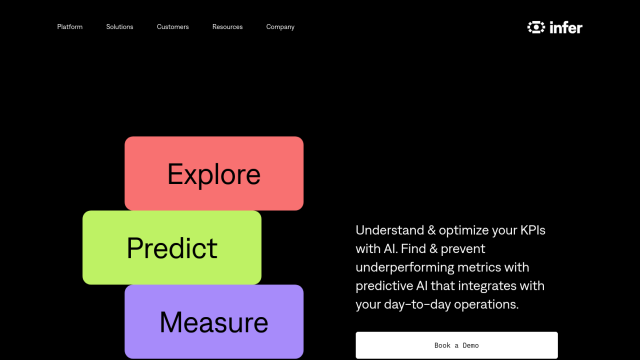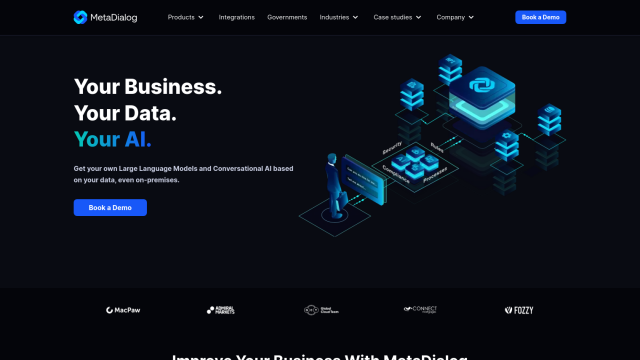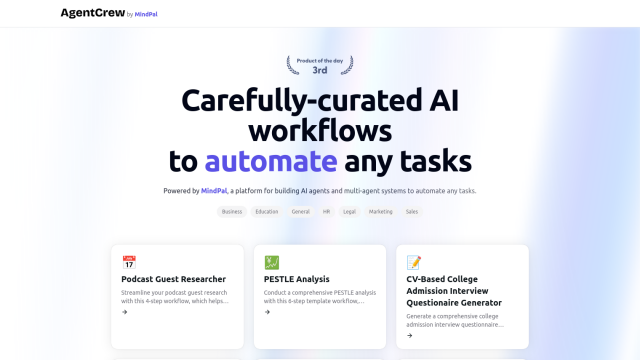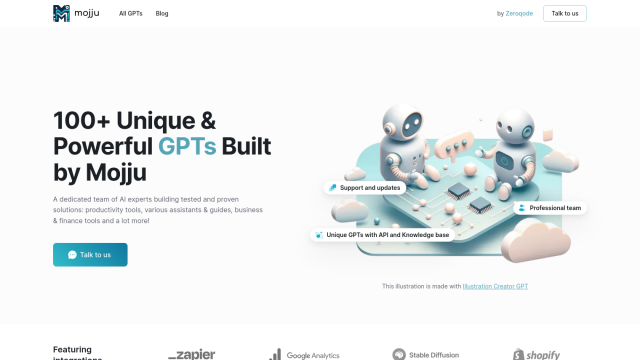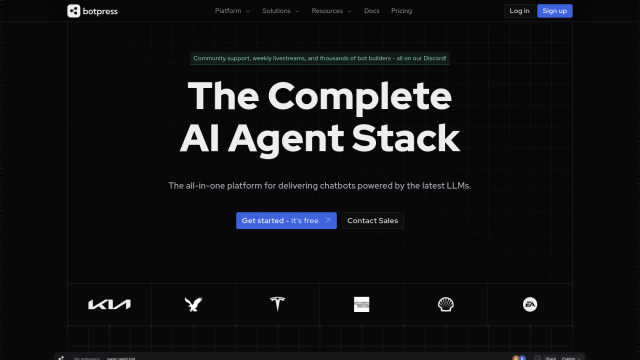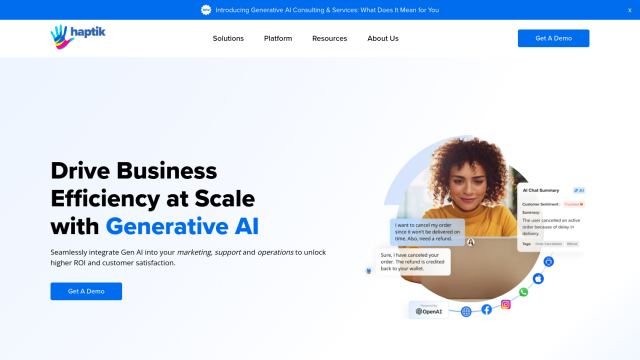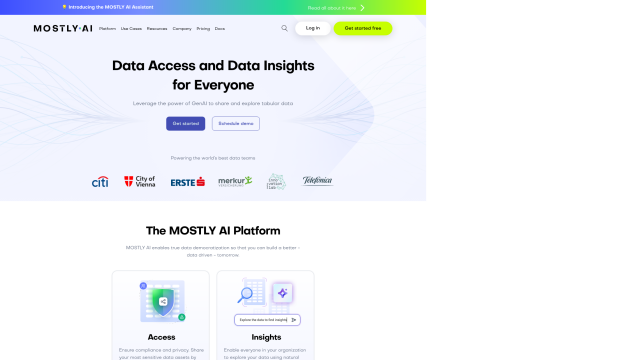Question: Do you know of a tool that uses AI to analyze complex business logic and optimize workflows?

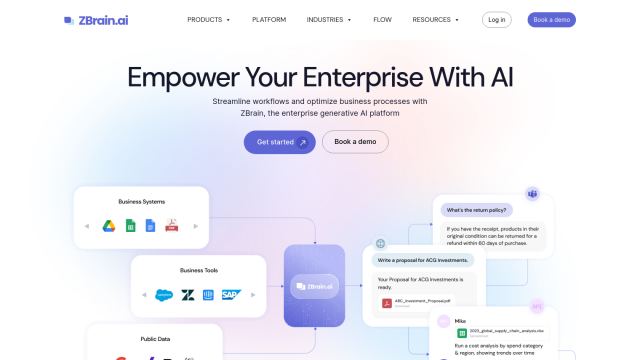
ZBrain
If you're looking for a tool that uses AI to process complex business logic and optimize processes, ZBrain is a good all-purpose option. The platform uses generative AI to automate processes, optimize operations and make decisions faster by incorporating proprietary data. It has a no-code interface to define business logic, continuous improvement through reinforcement learning, and support for multiple data sources and integrations. It's geared for industries like finance, healthcare and retail, so it should work for a lot of business needs.

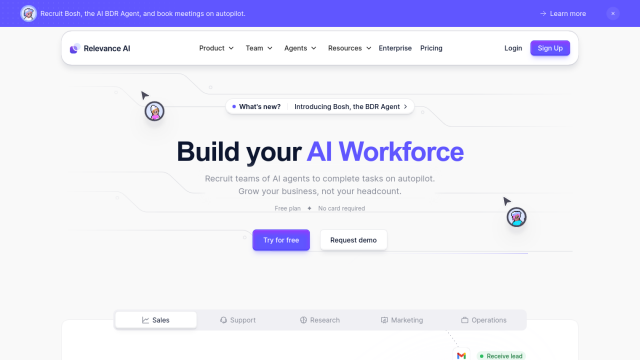
Relevance AI
Another good option is Relevance AI. The platform lets companies automate tasks and processes with an autonomous AI team so they can focus on higher-priority work. It includes a no-code builder based on LLM prompts, autonomous execution of tasks, and integration with tools like Zapier and Snowflake. Relevance AI is good for improving sales, support, research, content creation and automation, and it offers a free tier for companies that want to scale without hiring more people.


Abacus.AI
If you want to build and operate large-scale AI agents, Abacus.AI is a good option. It offers tools to build ChatLLMs, AI agents and predictive systems with generative AI and neural networks. The company's platform offers a range of predictive and analytical abilities, including forecasting and anomaly detection, so it's good for optimizing business operations and customer service.

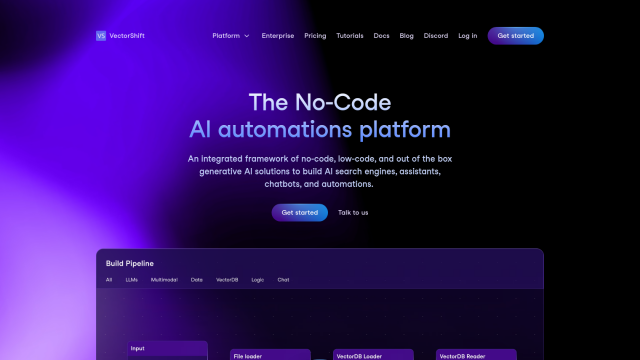
VectorShift
VectorShift is another good option, an end-to-end AI automation platform with a no-code interface and a code SDK. It integrates with many tools like Google Drive and Salesforce, with prebuilt pipelines to automate processes. VectorShift is good for a broad range of use cases, including chatbots and assistants, so it should be good for a lot of business process optimization.

